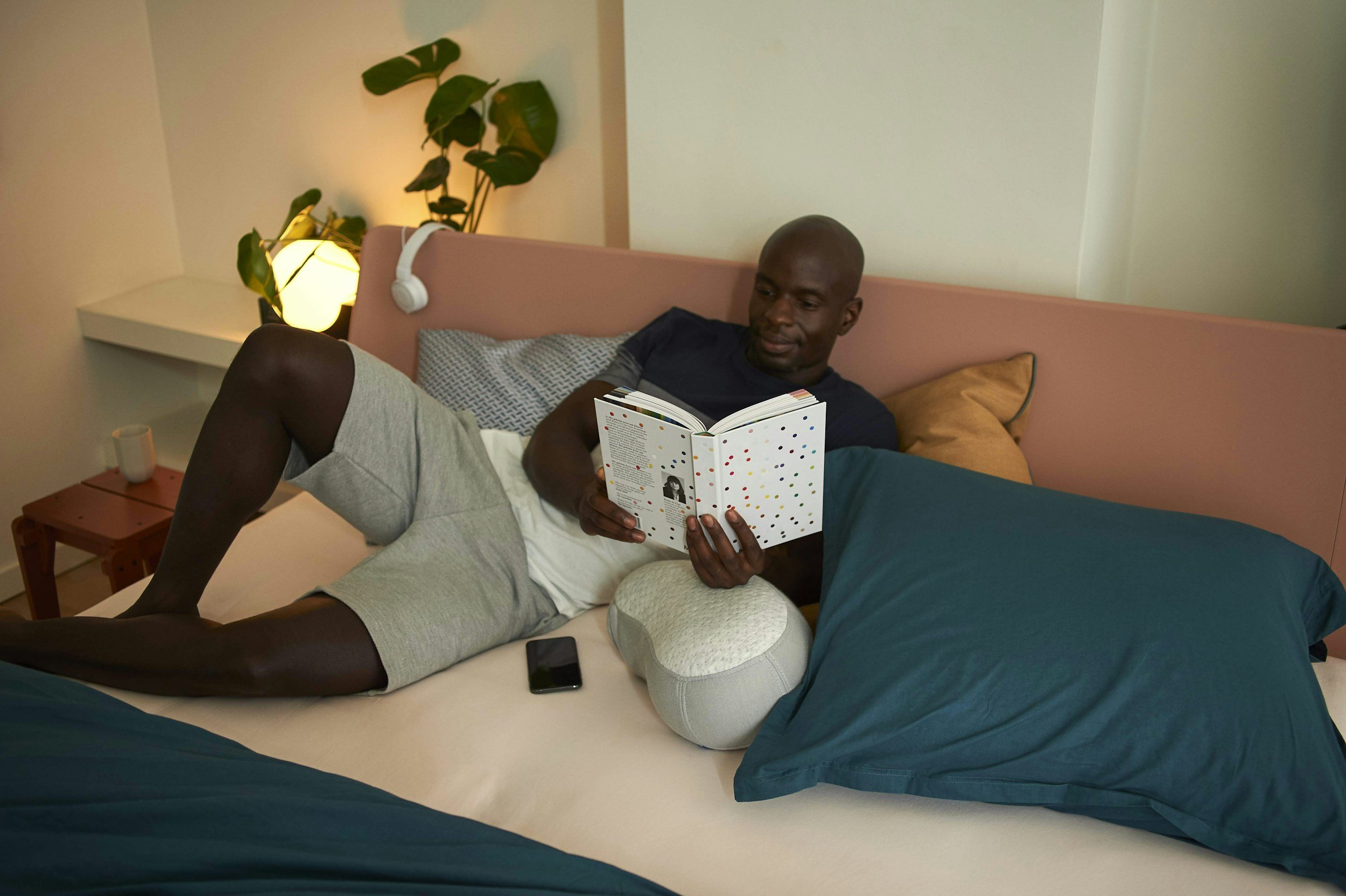
Sleep is vital to our wellbeing
Quality sleep restores healthy brain function and maintains your physical health
-

Sleep: a biological necessity
We can all relate to how we feel after a bad night's sleep, or even worse, weeks of poor sleep. It's no surprise that sleep serves a variety of important physical and psychological functions. Some of the key things sleep helps with are learning, memory consolidation, emotional regulation, judgment and decision making, problem solving, energy conservation, growth, healing and immunity. Without proper sleep, we're more likely to suffer from chronic heath issues.
-

Create a nighttime routine
Set yourself up for a good night sleep. Creating a bedtime routine can help you calm down and prepare your body and mind for rest. As much as possible, keep a consistent sleep and wake time each day. Begin preparing for bed 30-60 minutes before bedtime. Do something relaxing before bed, like reading, taking a hot bath, prayer or meditation. Keep your room cool and dark, your phone on sleep mode or in a different room. and make sure you have a comfortable mattress, pillows and bed linens.
-

Lifestyle modifications
There is a strong connection between sleep, health, and disease. Modifying lifestyle factors can help you get a better night's sleep. Avoid stimulants like alcohol and caffeine several hours before bedtime. Try to avoid anxiety provoking activities like watching the news, paying bills, or getting in arguments before bed. Use a journal to write down your thoughts so that they don't keep you awake at night. Establish a gratitude practice before you go to sleep. Expose yourself to natural outdoor light for a few minutes first thing in the morning to tap into your circadian rhythms.
